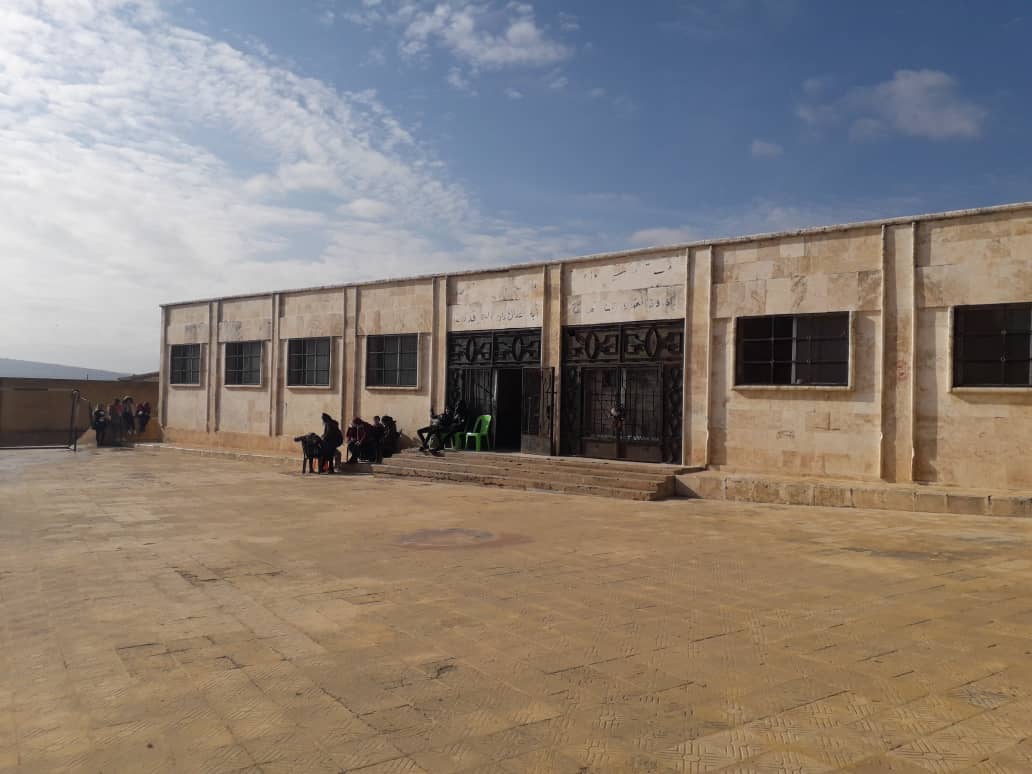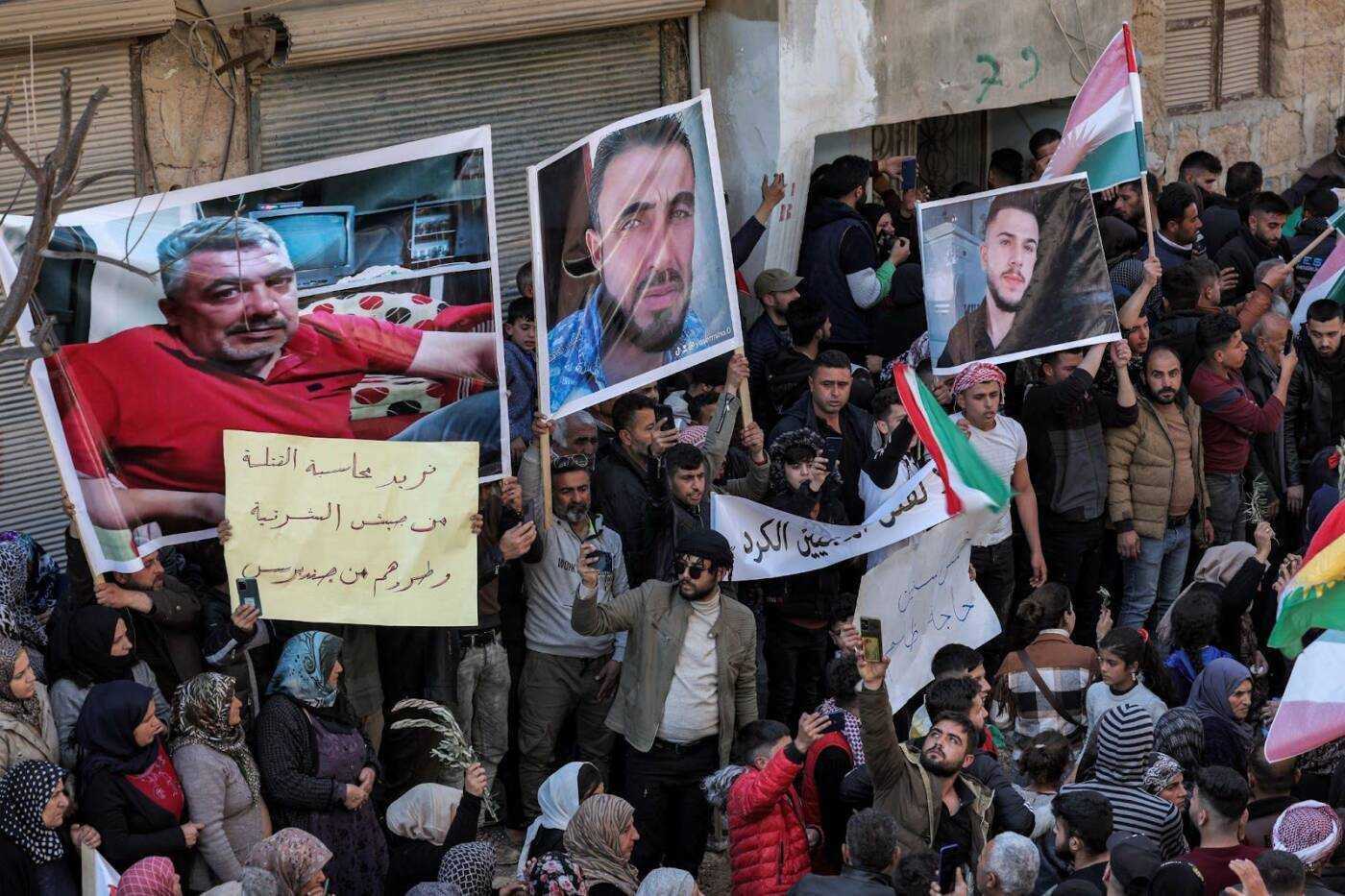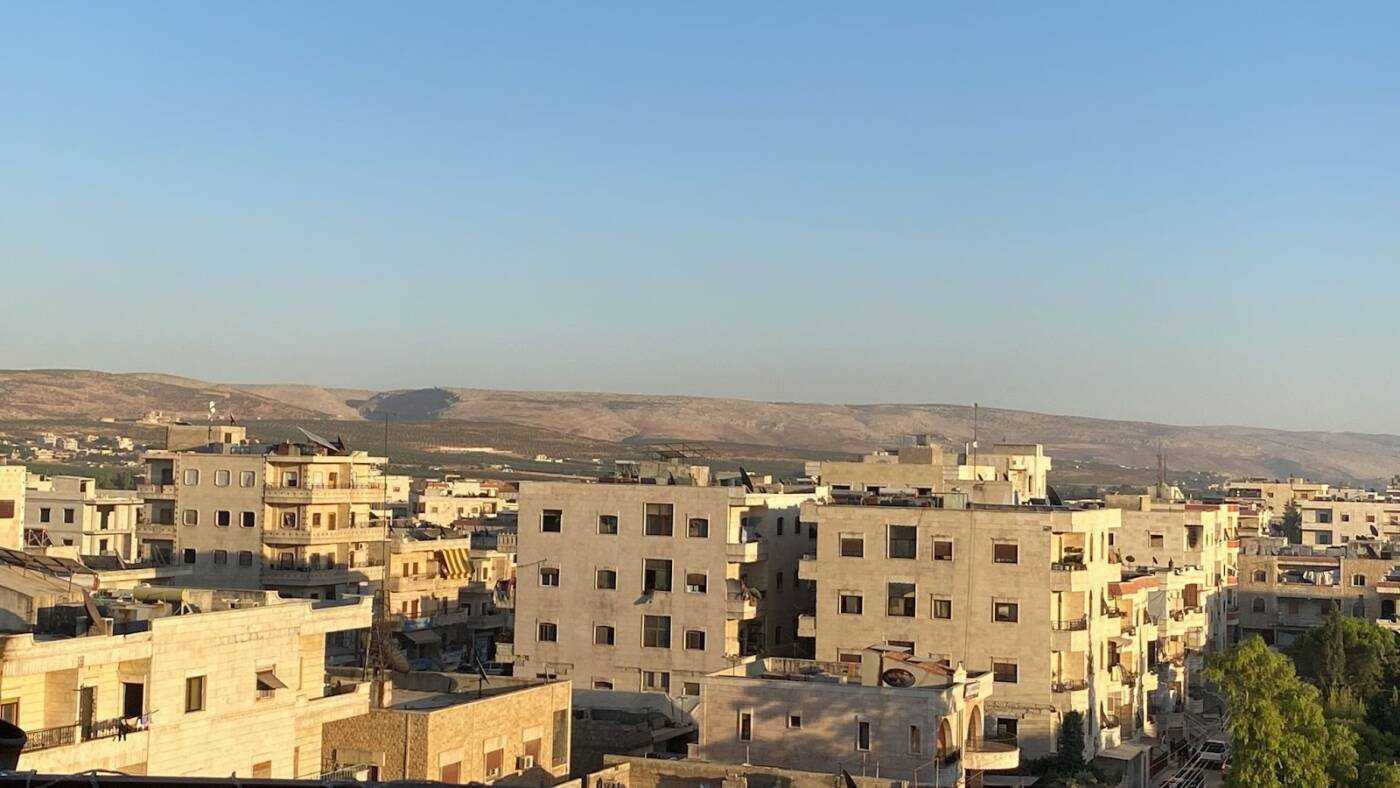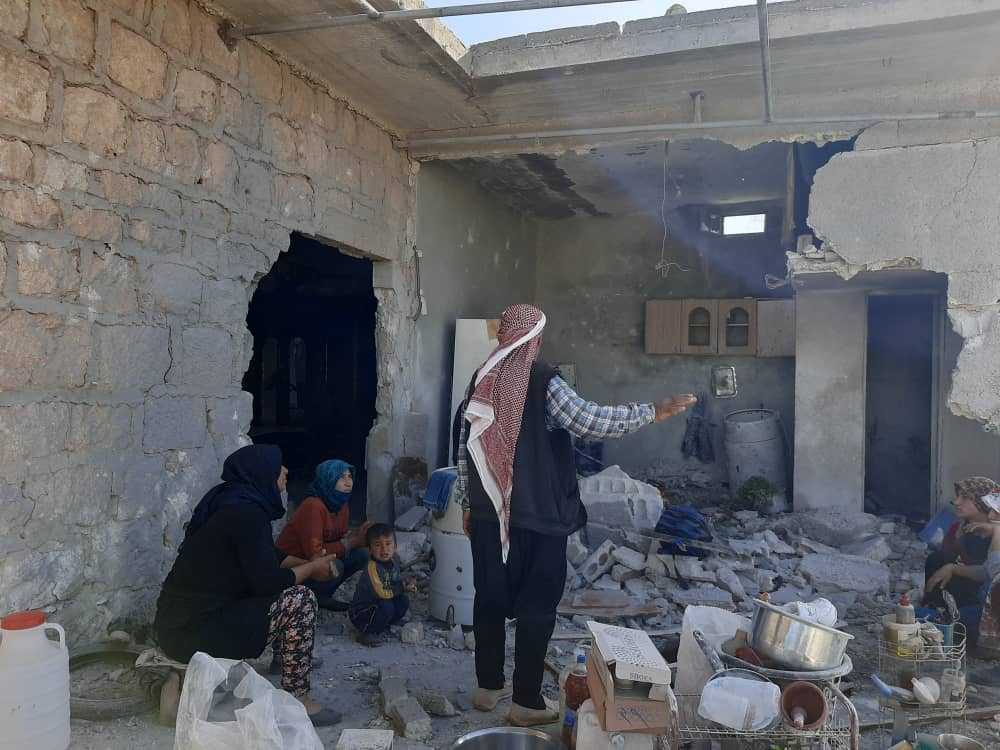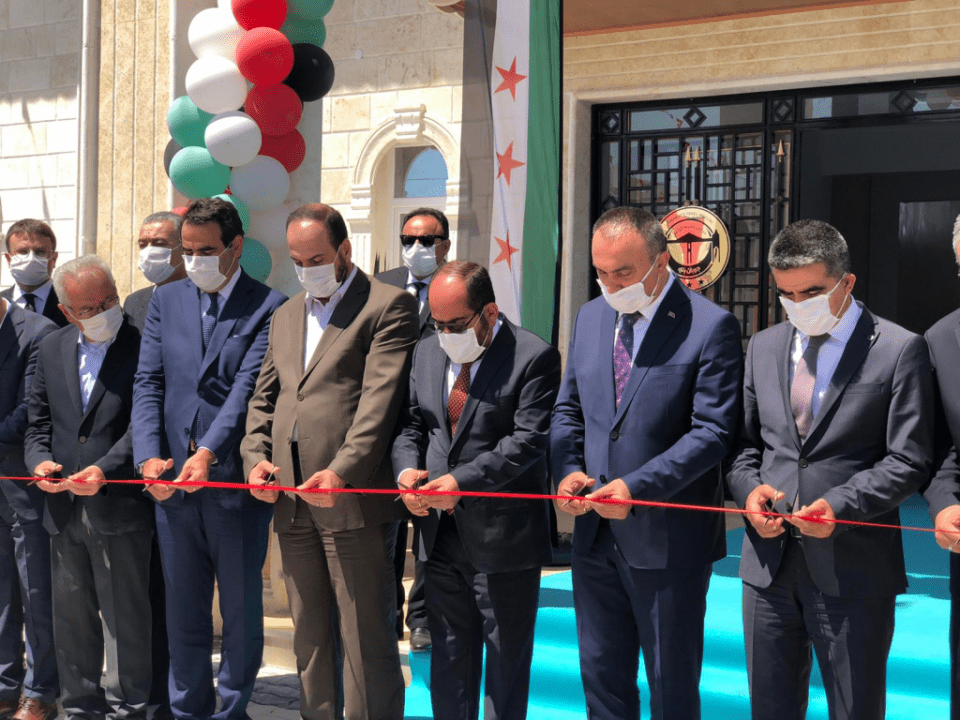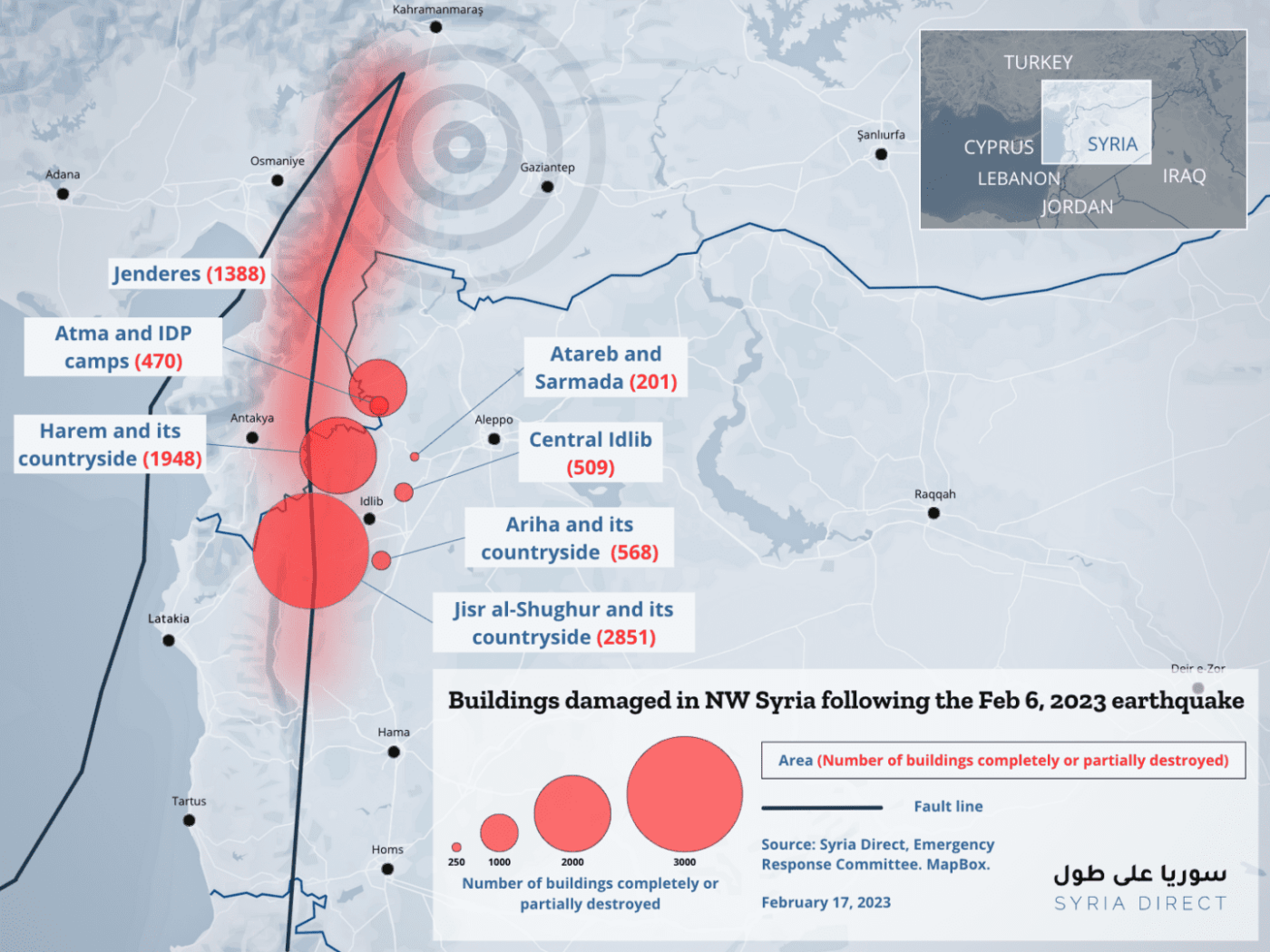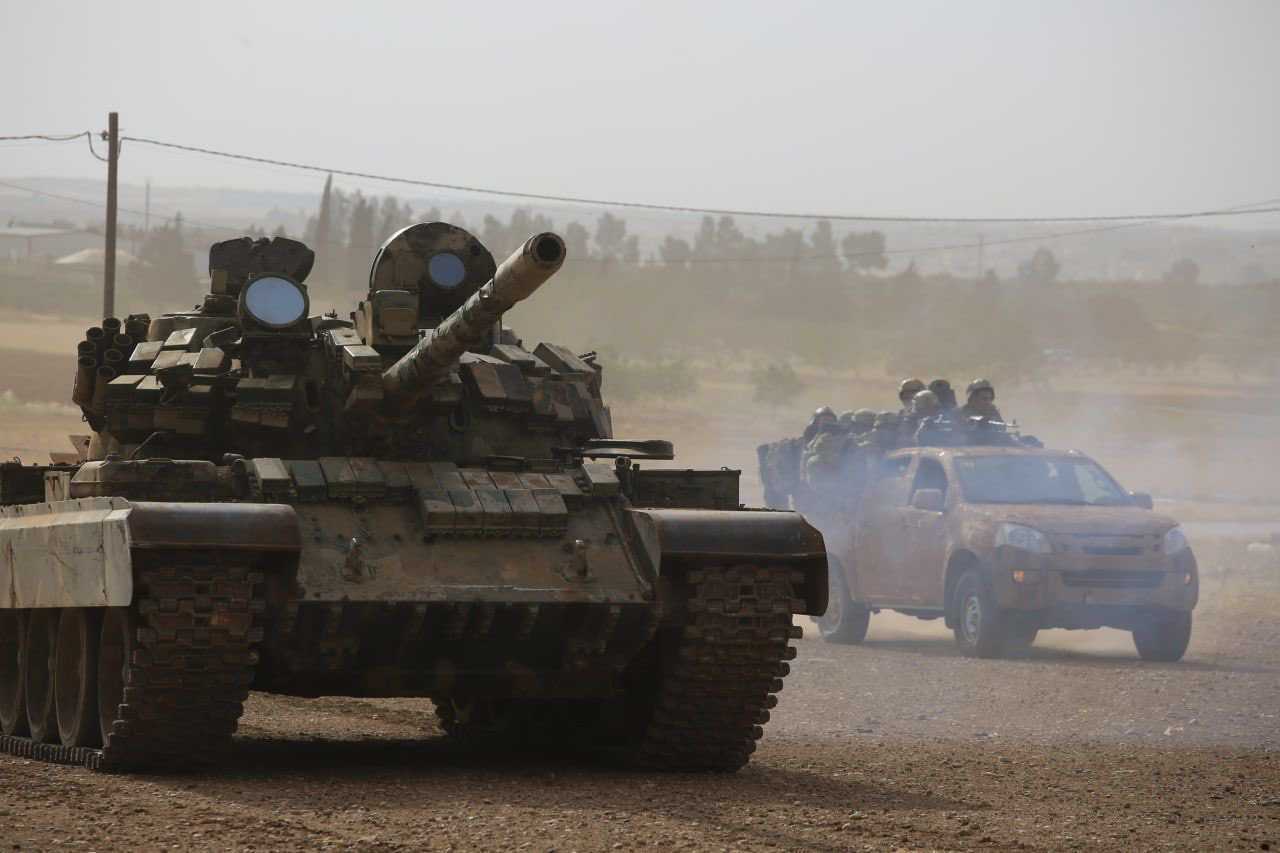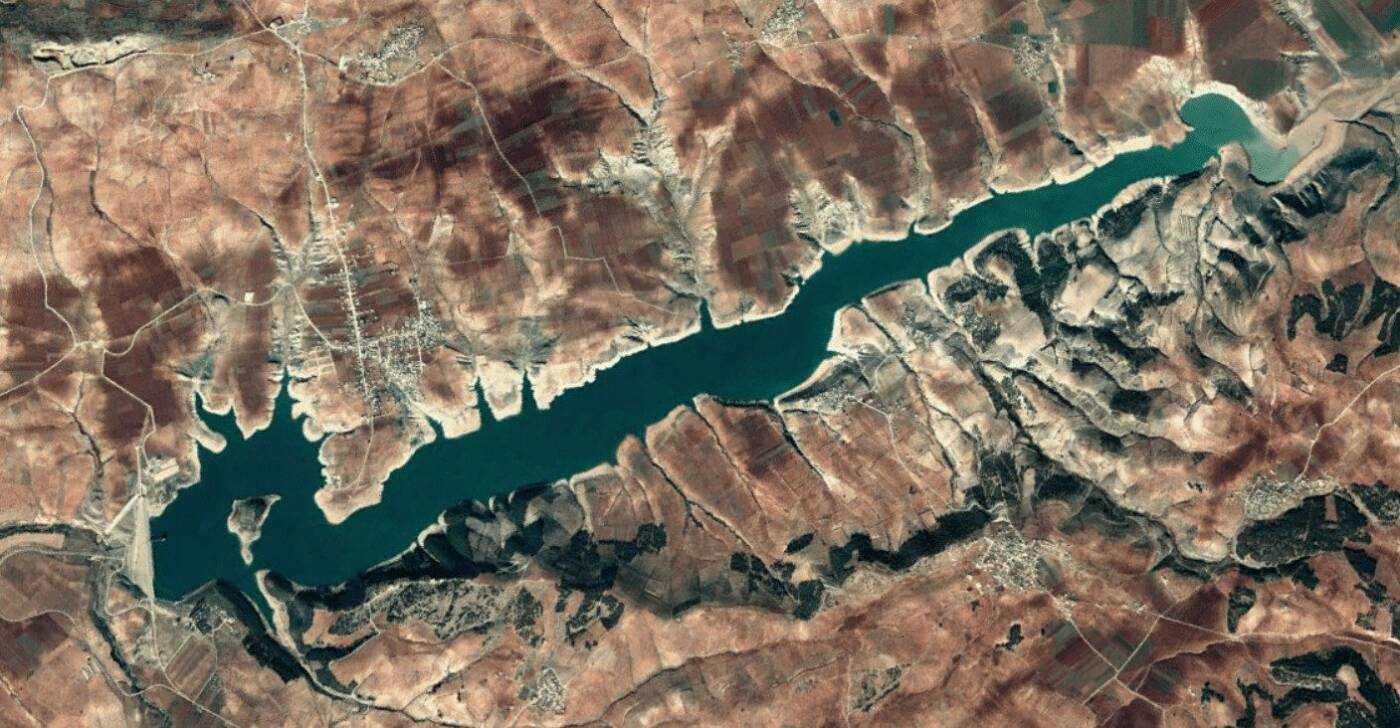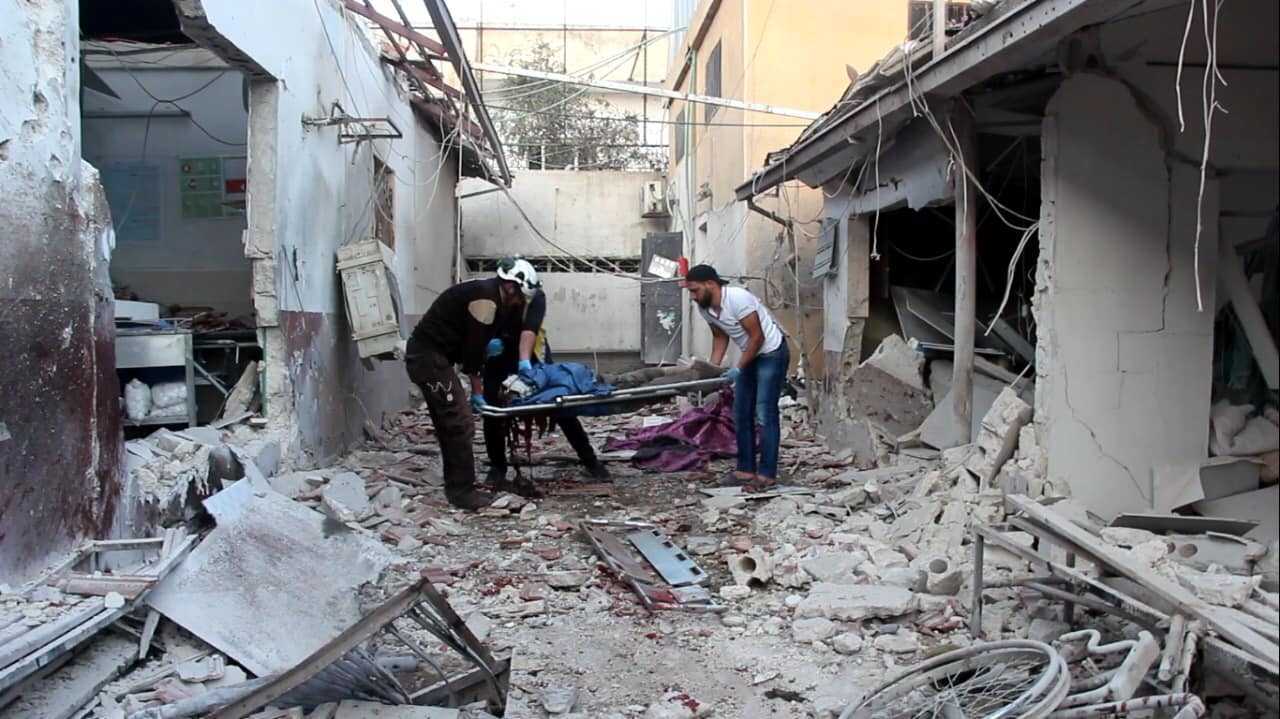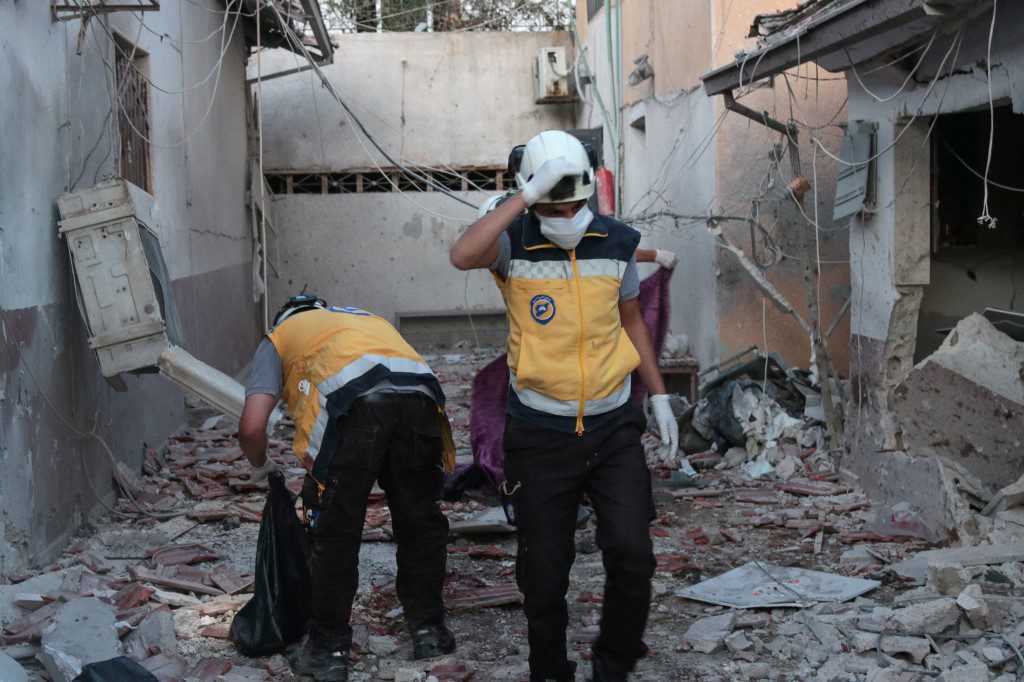Education in Afrin’s ‘line of contact’ villages hostage to unpredictable shelling
Villages on the line of contact between regime and Turkish-backed opposition forces in the southern Afrin countryside live under constant threat of unpredictable shelling. The volatile security situation leaves families choosing between sending their children to school, despite the risks, or depriving them of an education in the hopes of keeping them safe.

